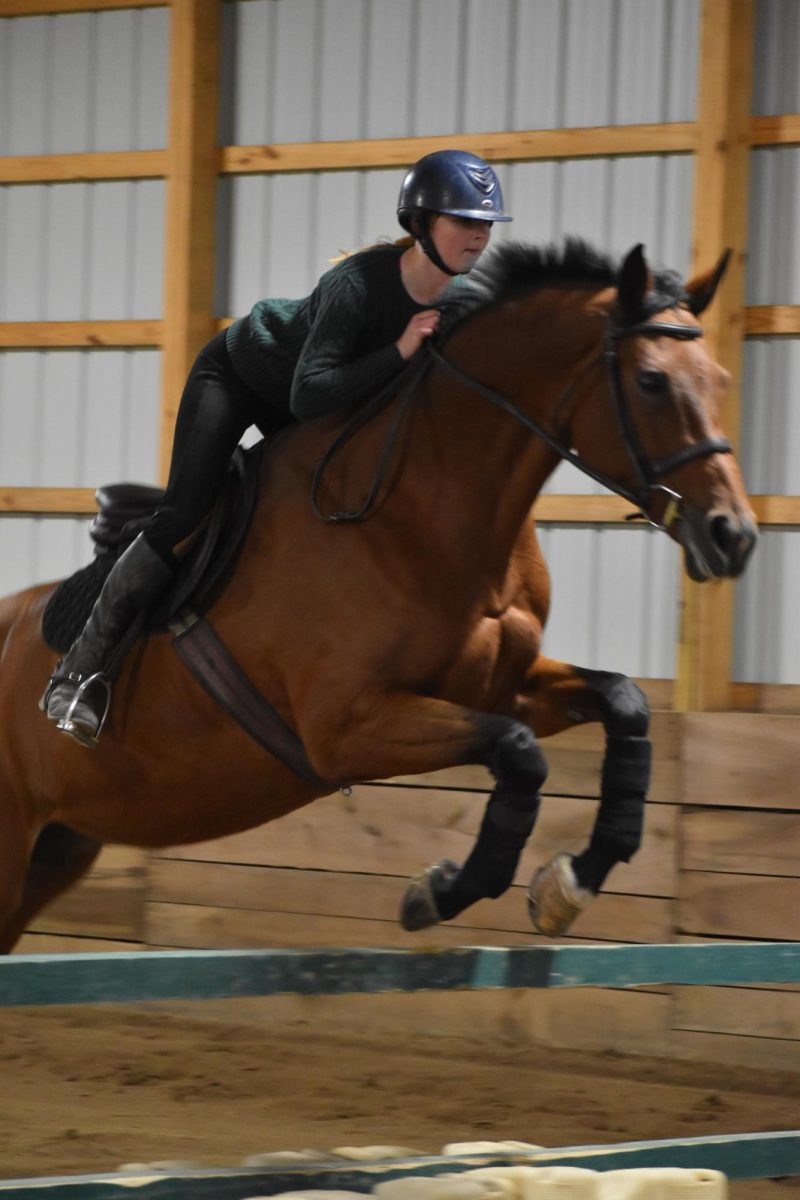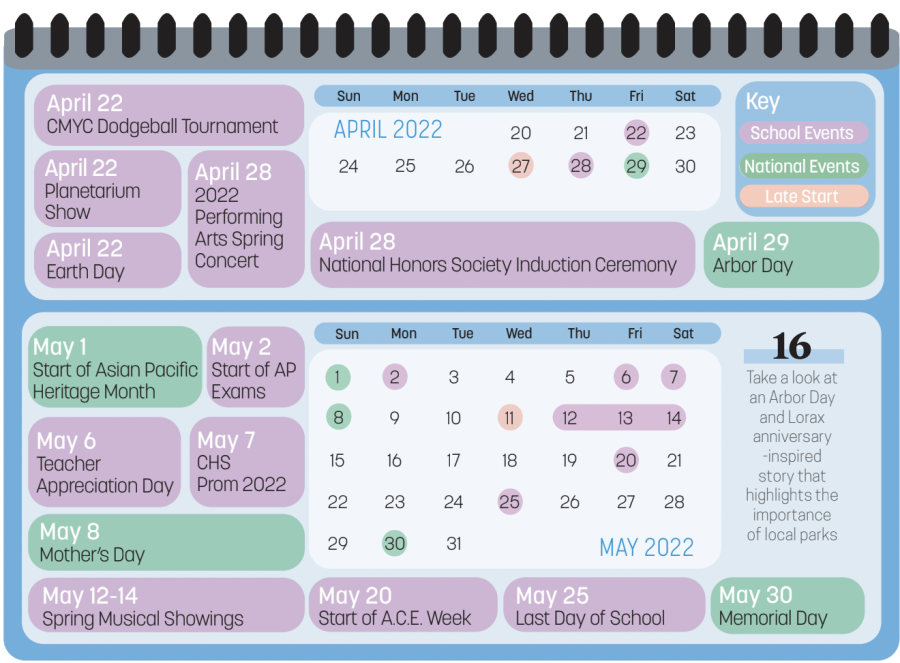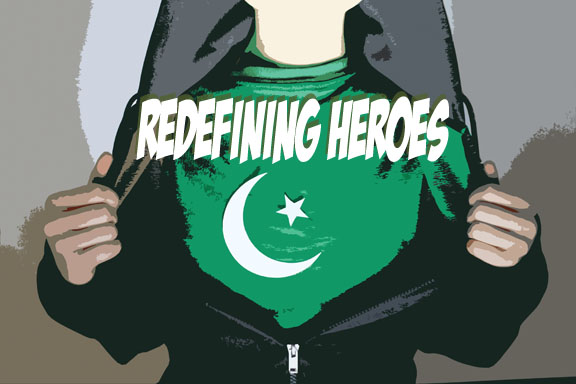The word “superhero” brings to mind manly muscles, masks and elaborate bodysuits. For Marvel Comics writer Willow Wilson, the definition is not restricted to those commonalities: Her superhero is a female Muslim teen, Kamala Khan.
Khan is a 16-year-old Pakistani-American girl residing in New Jersey. She lives in two cultural worlds — that of her Pakistani background and that of modern day Jersey. She’s a typical American teenager who plays video games, writes FanFiction, shops at thrift stores — and practices Islam. According to Wilson, the comic will entail classic superhero fights, along with the real-life tensions Khan faces as a Muslim girl.

The attempted diversification taking place in the comic book world is “risky” in the words of Wilson, who is herself Islamic. However, she acknowledged the need for a Muslim role model to rise above and change stereotypes.
“It’s a good time for comics to start opening up and becoming more inclusive with more diverse characters,” Wilson said.
The addition of Khan’s character comes at an interesting time. A 2013 poll by the Pew Research Center, a nonpartisan organization that collects information on current issues, showed that 45 percent of Americans say that Muslim Americans face “a lot” of discrimination, and 28 percent say they are subject to “some” discrimination. More than a decade past the 9/11 attacks, Islamophobia is not nearly as rampant as it previously was, but is inarguably still present.
Parmida Mostafavi, president of the Muslim Student Assocation and senior, is excited for Khan’s release.
“The introduction of (a) Muslim female superhero is a great role model for the younger generation because it teaches you that you don’t have to conform,” she said.
 Sabrina Kaba, member of the Nur-Allah Islamic Center of Indianapolis, said she is in full support of a Muslim superhero because she never had positive media exposure to powerful Islamic women.
Sabrina Kaba, member of the Nur-Allah Islamic Center of Indianapolis, said she is in full support of a Muslim superhero because she never had positive media exposure to powerful Islamic women.
“I was raised in Christianity, and after choosing Islam, there (was) a lack of role models in my faith,” she said. “I don’t want other young girls to feel lost and unrepresented like I did. Kamala (Khan) represents a way out of that mindset.”
Diversification: Why It Matters
Khan will be the first ever female Muslim superhero. While there have been other, smaller Muslim superheroes, such as Simon Baz in DC Comics, Kamala will be the most prominent new figure. According to Kaba, there is a lack of accurate representation of the average Muslim woman.
She said, “It’s fully necessary to have a Muslim role model (or superhero) in the mainstream media so young Muslim girls have someone to look up to.”
Discrimination is nothing new, with it being a constant dark spot of accepted culture. According to Mostafavi, discrimination has changed its face.
“First it was blacks, then it was gays, then, after 9/11, it’s Muslims,” Mostafavi said. “You have to separate the extremists from the normal people.”
She said although her personal experience in Carmel as a Muslim teen has been positive, some of her friends have not been as fortunate. She attributes the lack of discrimination to her appearance, because she does not outwardly display her religion.
“When you look at me, you don’t think I’m Muslim,” she said. “I don’t show any outward signs, and I don’t always cover up all parts of my body, and I don’t wear the hijab. I feel like that may be the reason I don’t face discrimination.”
She said she prefers watching the Marvel movies to reading their comics. In addition to a minimal number of Muslim characters, Mostafavi also observed that there are generally more male than female superheroes in the mainstream industry. Khan fits both of those roles.
“One reason there might not be as many female superheroes is that they’re kind of catering to a male audience,” she said. “I mean, that’s definitely changing. But (in) media, books and movies, female characters are put under more scrutiny than male characters. Khan might change this thinking.”
According to Kaba, there is still a lot of educating to do about Islam and its followers before the public will welcome more Islamic role models.
“We don’t see strong Muslim figures in today’s media, and definitely not in today’s comics,” Kaba said. “The role models of our younger generation are typically white, conventional American figures. If the kids only see one kind of ‘hero,’ then it leads to a narrow-minded view of the world. It’s our responsibility to open their eyes to the diversity and opportunity everyone possesses.”
Redefinition: What It Means
The classic hero, beneath brawn and bright costumes, is usually a white male. Wilson acknowledged that Kamala is an unconventional hero because of her gender, race and religion. However, Wilson emphasized that people cannot follow tradition forever.
“Any time you take a risk like this and you put a character out there who is not typical, there is going to be some criticism,” Wilson said. “So far it’s been only some racism, things like, ‘Why can’t she be white?’ or, ‘Why isn’t she a normal American?’ But I don’t think people really realize that what it means to be an American is becoming broader and changing. Now, when you have a different background or have foreign parents, it doesn’t make you un-American.”
Mostafavi shares Wilson’s views. She said she believes teens will receive a Muslim superhero well.
“We live in a time of such strong social justice that if anyone says something that might have been acceptable 20 years ago, someone will react and tell you it’s not okay,” Mostafavi said.
Mostafavi added the comic is necessary to touch on the social issues of being a Muslim girl in America, while at the same time, not only focusing on the issues that come with being Muslim.
“I hope (the comic will) touch on Muslim American issues, but doesn’t make that the center of her character.,” Mostafavi said. “Religion is definitely an important part of someone and it’s okay to use it as a plot device, but we’re just normal people, and we have other problems too. I hope they don’t make her too caught up in her religion. We’re normal people with other normal problems.”
An issue she stressed that should be addressed is the misconceptions that come with female oppression in Islam.
“Having a Muslim Ms. Marvel is a great way to change the image that the West has that women are oppressed.,” Mostafavi said. “I mean, in some places, they do take Islam to the extreme and pass laws to oppress women, but the normal Muslim woman is not.
“Another thing I’ve noticed is that in Western media, it’s like, “People force Muslim women to wear the veil. But the veil is a choice. I don’t wear it, and it’s my choice, but I have friends who wear the veil and it’s their choice.”
These misconceptions are paired with negative stereotypes that some Muslims fear will override reality.
Wilson said, “Some Muslims in the United States are scared that things won’t be represented properly. I share that fear, too. The thing about new Muslim characters is that you’re always waiting for that character to be used as a prop, like a terrorist, or fear their role might not be positive, and I sympathize with that. But I think that fear will be addressed when the comic is released.
“Kamala’s a real person, not a stereotype or a minority. She’s something very fully realized that we put a lot of love and hard work into,” she said.
With a Muslim role model in the mainstream media, young and old people alike could become more educated and alter their views of Islamic women.
Wilson said she has high hopes for the release of the first Muslim Ms. Marvel.
She said, “I want people to see that heroes come in all shapes, sizes and colors—that we don’t have to stick to the kind of heroes we usually see on TV or in comics. Anyone from any background can be a hero.”


































![British royalty are American celebrities [opinion]](https://hilite.org/wp-content/uploads/2024/03/Screenshot-2024-03-24-1.44.57-PM.png)



















![Chelsea Meng on her instagram-run bracelet shop [Biz Buzz]](https://hilite.org/wp-content/uploads/2024/04/IMG_2446-1200x838.jpg)
![Review: Quiet on Set: The Dark Side of Kids TV is the long awaited exposé of pedophilia within the children’s entertainment industry [MUSE]](https://hilite.org/wp-content/uploads/2024/04/unnamed.jpg)
![Review: “The Iron Claw” cannot get enough praise [MUSE]](https://hilite.org/wp-content/uploads/2024/04/unnamed.png)
![Review: “The Bear” sets an unbelievably high bar for future comedy shows [MUSE]](https://hilite.org/wp-content/uploads/2024/03/unnamed.png)
![Review: “Mysterious Lotus Casebook” is an amazing historical Chinese drama [MUSE]](https://hilite.org/wp-content/uploads/2024/03/0.webp)
![Review in Print: Maripaz Villar brings a delightfully unique style to the world of WEBTOON [MUSE]](https://hilite.org/wp-content/uploads/2023/12/maripazcover-1200x960.jpg)
![Review: “The Sword of Kaigen” is a masterpiece [MUSE]](https://hilite.org/wp-content/uploads/2023/11/Screenshot-2023-11-26-201051.png)
![Review: Gateron Oil Kings, great linear switches, okay price [MUSE]](https://hilite.org/wp-content/uploads/2023/11/Screenshot-2023-11-26-200553.png)
![Review: “A Haunting in Venice” is a significant improvement from other Agatha Christie adaptations [MUSE]](https://hilite.org/wp-content/uploads/2023/11/e7ee2938a6d422669771bce6d8088521.jpg)
![Review: A Thanksgiving story from elementary school, still just as interesting [MUSE]](https://hilite.org/wp-content/uploads/2023/11/Screenshot-2023-11-26-195514-987x1200.png)
![Review: When I Fly Towards You, cute, uplifting youth drama [MUSE]](https://hilite.org/wp-content/uploads/2023/09/When-I-Fly-Towards-You-Chinese-drama.png)
![Postcards from Muse: Hawaii Travel Diary [MUSE]](https://hilite.org/wp-content/uploads/2023/09/My-project-1-1200x1200.jpg)
![Review: Ladybug & Cat Noir: The Movie, departure from original show [MUSE]](https://hilite.org/wp-content/uploads/2023/09/Ladybug__Cat_Noir_-_The_Movie_poster.jpg)
![Review in Print: Hidden Love is the cute, uplifting drama everyone needs [MUSE]](https://hilite.org/wp-content/uploads/2023/09/hiddenlovecover-e1693597208225-1030x1200.png)
![Review in Print: Heartstopper is the heartwarming queer romance we all need [MUSE]](https://hilite.org/wp-content/uploads/2023/08/museheartstoppercover-1200x654.png)






















![Review: Ladybug & Cat Noir: The Movie, departure from original show [MUSE]](https://hilite.org/wp-content/uploads/2023/09/Ladybug__Cat_Noir_-_The_Movie_poster-221x300.jpg)

![Review: Next in Fashion season two survives changes, becomes a valuable pop culture artifact [MUSE]](https://hilite.org/wp-content/uploads/2023/03/Screen-Shot-2023-03-09-at-11.05.05-AM-300x214.png)
![Review: Is The Stormlight Archive worth it? [MUSE]](https://hilite.org/wp-content/uploads/2023/10/unnamed-1-184x300.png)





